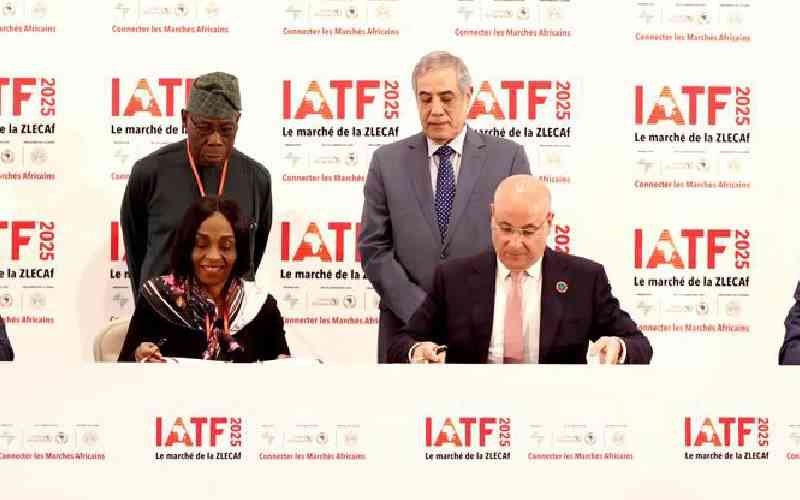By Kamotho Waiganjo
Between 2005 when Jeffrey Sachs wrote his celebrated treatise The End of Poverty and 2010, the enthusiasm by the West to crush poverty in the developing world has diminished significantly.
The white armbands that dotted Western capitals as the Jubilee Movement and other NGOs lobbied for the writing off of the debilitating debts of poor economies, for increased aid and for fairness in world trade are long forgotten.
Indeed, a comparison between the agendas of the 31st G8 summit in Gleneagles Scotland, and the just ended G20 Summit in Canada discloses how the ‘End Poverty’ agenda has been downsized in these forums. This should not come as a surprise. Between 2005 and 2010 the financial meltdown humbled Western economies and has led to increased domestic growth focus. It has brought home the reality that if developing economies are to blossom, they must think beyond foreign aid and exploit new opportunities brought by local realities and the new world order.
For Kenya, these opportunities are legion. One is the avenues for growth that result from a more transparent governance regime that commenced with end of the Moi years but will be legally entrenched by a new constitution.
No doubt many African economies were destroyed by extensive looting by predatory governors that were accountable to no one. It boggles the mind that in 2002, this economy was generating a measly Sh150 billion in tax revenue.
Today, the same economy generates six times that revenue.
Though significant loopholes for pilferage still exist, many opportunities have been opened through increased probity in the use of those revenues. For the youth, extensive prospects have been opened in this year’s budget through the allocation of billions of shillings for SME development in this critical segment of our population.
Secondly, the actualisation of the East African Common Market and the upcoming referendum in South Sudan, which will in all probability create a new and more amenable resource rich neighbour in the north, will generate huge opportunities. The border-free market will expand, thus creating incentives for increased Foreign Direct Investment and the growth of local industry.
Enterprising Kenyans are already rethinking their investment strategies to exploit the expanded opportunities.
Finally, the absence of a strong link between the financial markets of the West and African economies reduced the direct effects of the financial meltdown in Africa.
Consequently, more local investors are placing their money in the local economy and investors in the West are diversifying their investments into Africa so they can hedge against the risks of future meltdowns in the West. Added to this is the hardly discussed impact of post September 11, 2001 scrutiny of capital movements. This scrutiny has reduced the movement of looted public funds around the world, benefiting economies like Kenya, which have been the source of most of these funds.
These are signals of hope for this continent. If this hope is to translate to reality, African governments must make it easier for the populace to exploit these myriad opportunities. Over to them.
—The writer is an advocate of the High Court
 The Standard Group Plc is a
multi-media organization with investments in media platforms spanning newspaper
print operations, television, radio broadcasting, digital and online services. The
Standard Group is recognized as a leading multi-media house in Kenya with a key
influence in matters of national and international interest.
The Standard Group Plc is a
multi-media organization with investments in media platforms spanning newspaper
print operations, television, radio broadcasting, digital and online services. The
Standard Group is recognized as a leading multi-media house in Kenya with a key
influence in matters of national and international interest.
 The Standard Group Plc is a
multi-media organization with investments in media platforms spanning newspaper
print operations, television, radio broadcasting, digital and online services. The
Standard Group is recognized as a leading multi-media house in Kenya with a key
influence in matters of national and international interest.
The Standard Group Plc is a
multi-media organization with investments in media platforms spanning newspaper
print operations, television, radio broadcasting, digital and online services. The
Standard Group is recognized as a leading multi-media house in Kenya with a key
influence in matters of national and international interest.








